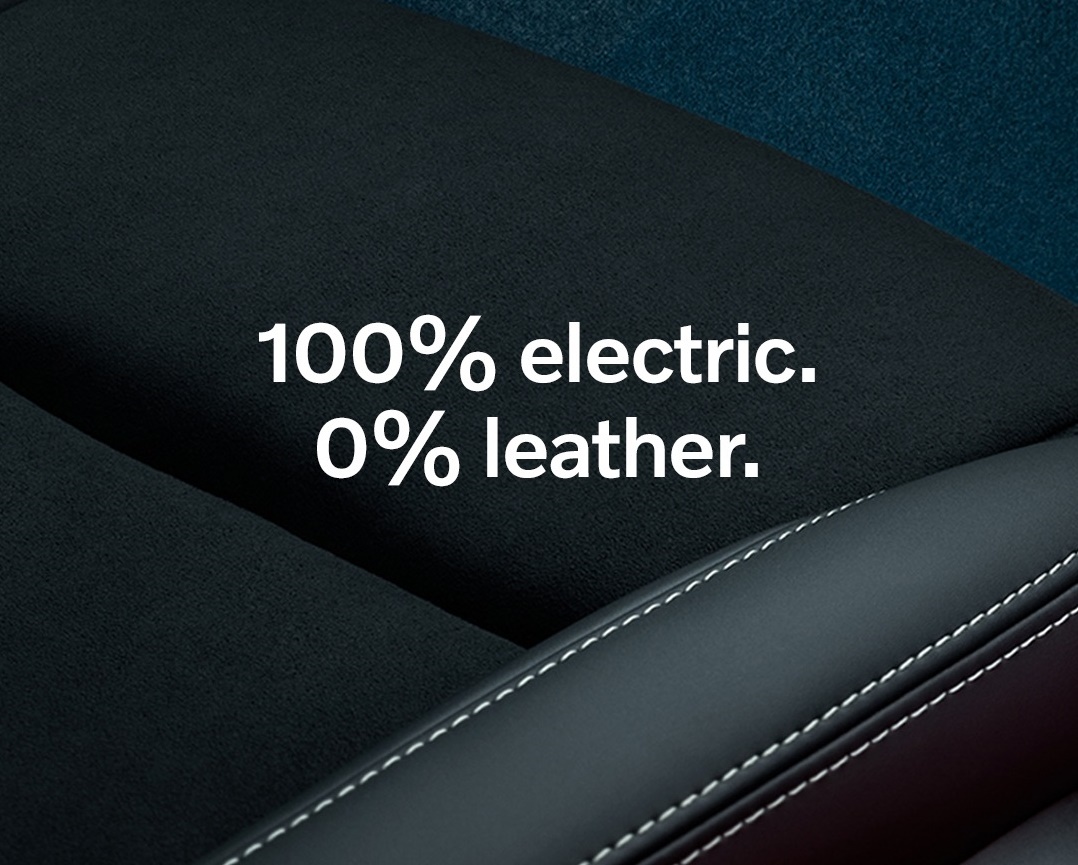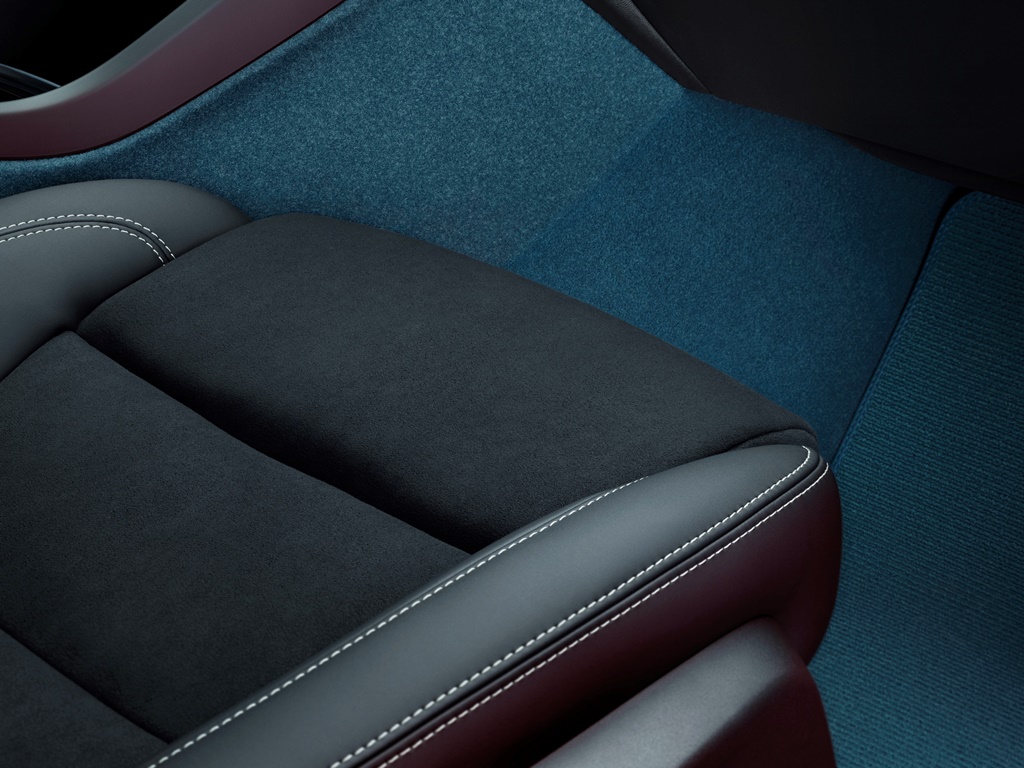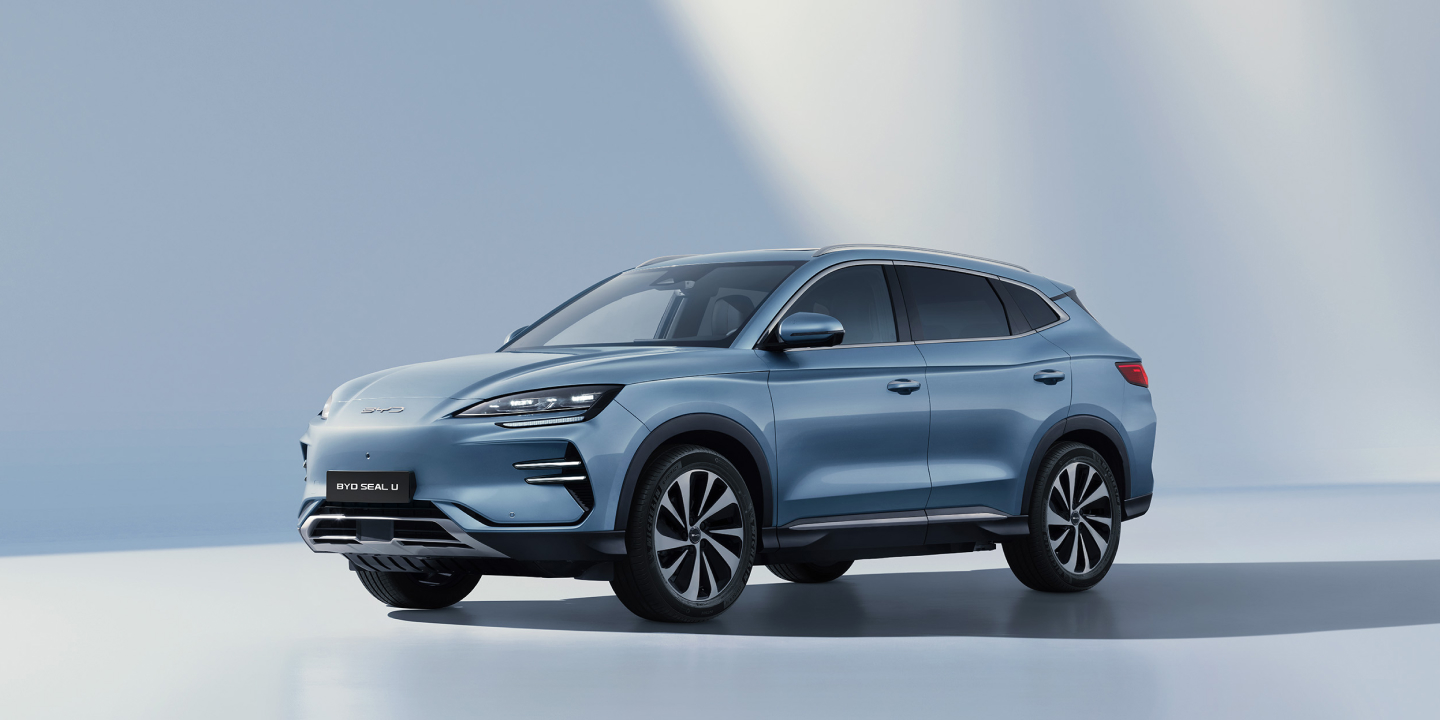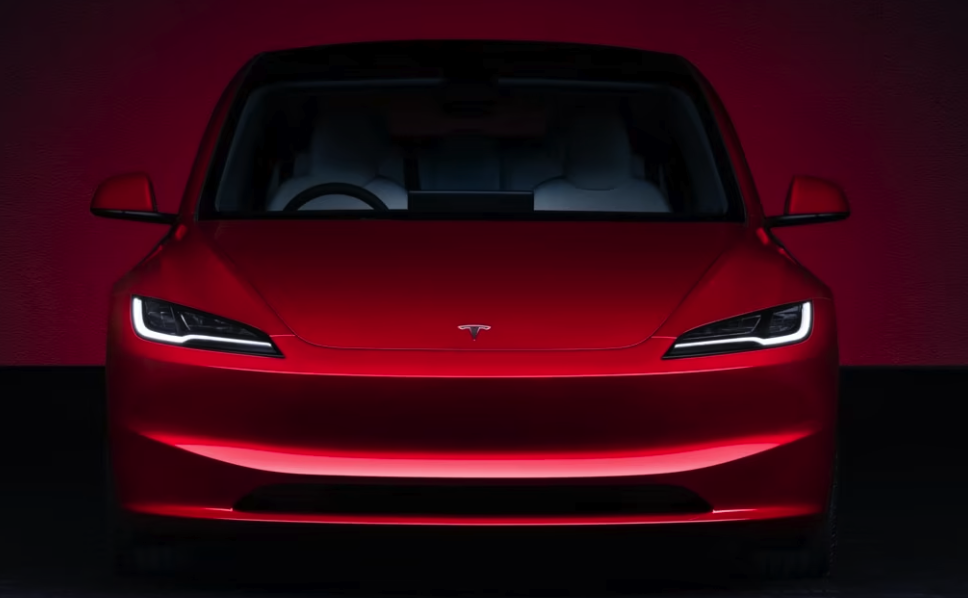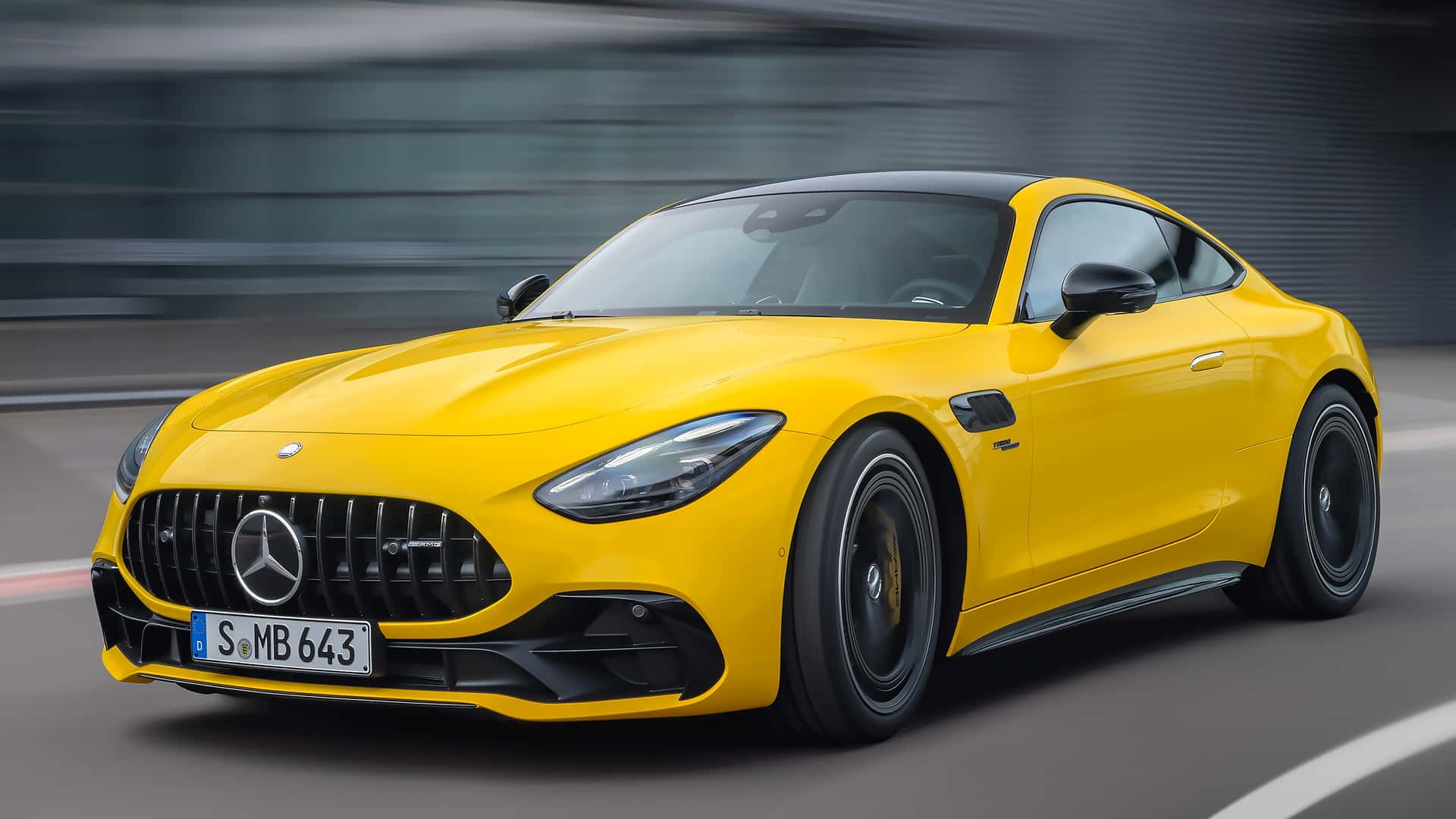From its early days, Volvo has been well known for being a leader in automobile safety, which was its strongest selling point. Then the company (not surprisingly with its Swedish roots) started to be determined about its products being environmentally-friendly. Whatever regulations there were, the carmaker aimed to meet them and even be better than what was required.
Now that the company is moving rapidly towards a fully electrified range of vehicles, the matter of environmental-friendliness is readily addressed as electric vehicles do not have any toxic emissions. As usual, Volvo is also taking the lead in the field with innovative approaches to designing and making the new generation of electric vehicles.
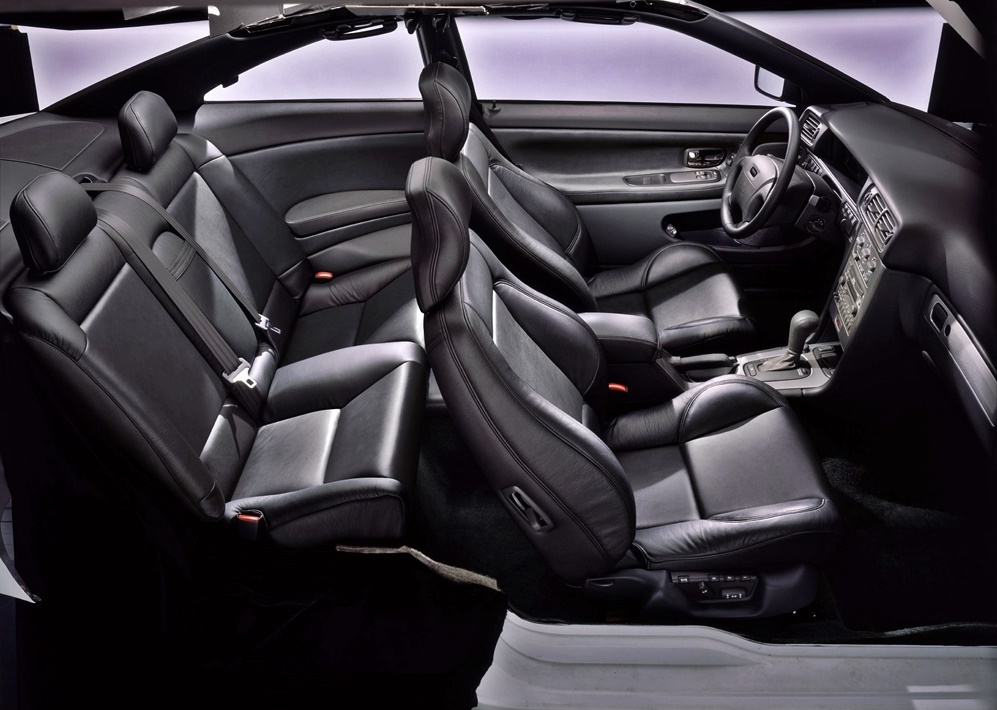
Now it is turning its attention to animal welfare and is taking an ethical stand where all new fully electric Volvo models will be completely leather-free, starting with the new C40 Recharge. As part of its ambitions to go completely leather-free, Volvo Cars is working actively to find high-quality and sustainable sources for many materials currently used in the wider car industry.
By 2025, the company is aiming for 25% of the material in new Volvo cars to consist of recycled and bio-based content, as it looks to become a fully circular business by 2040. As part of its climate action plans, it also aims for all of its immediate suppliers, including material suppliers, to use 100% renewable energy by 2025.
The company’s move towards leather-free interiors is also driven by a concern about the negative environmental impacts of cattle farming, including deforestation. Livestock is estimated to be responsible for around 14% of global greenhouse gas emissions from human activity, with the majority coming from cattle farming.
Instead of leather interior options, Volvo Cars will offer customers alternatives such as high-quality sustainable materials made from bio-based and recycled sources. For example, Nordico, a new interior material created by Volvo Cars will consist of textiles made from recycled material such as PET bottles, bio-attributed material from sustainable forests in Sweden and Finland, and corks recycled from the wine industry. This material will make its debut in the next generation of Volvo models, setting a new standard for premium interior design.

Volvo Cars will also continue to offer wool blend options and ensure that suppliers are certified to source responsibly, as the company looks to ensure full traceability and animal welfare in its wool supply chain.
“Being a progressive car maker means we need to address all areas of sustainability, not just CO2 emissions,” said Stuart Templar, Director of Global Sustainability at Volvo Cars. “Responsible sourcing is an important part of that work, including respect for animal welfare. Going leather-free inside our pure electric cars is a good next step towards addressing this issue.”
Volvo Cars is also looking to reduce the use of residual products from livestock production commonly used within or in the production of plastics, rubber, lubricants and adhesives, either as part of the material or as a process chemical in the material’s production or treatment. The company takes this step because it believes that while going leather-free is a step in the right direction, doing so alone does not make a car interior vegan.
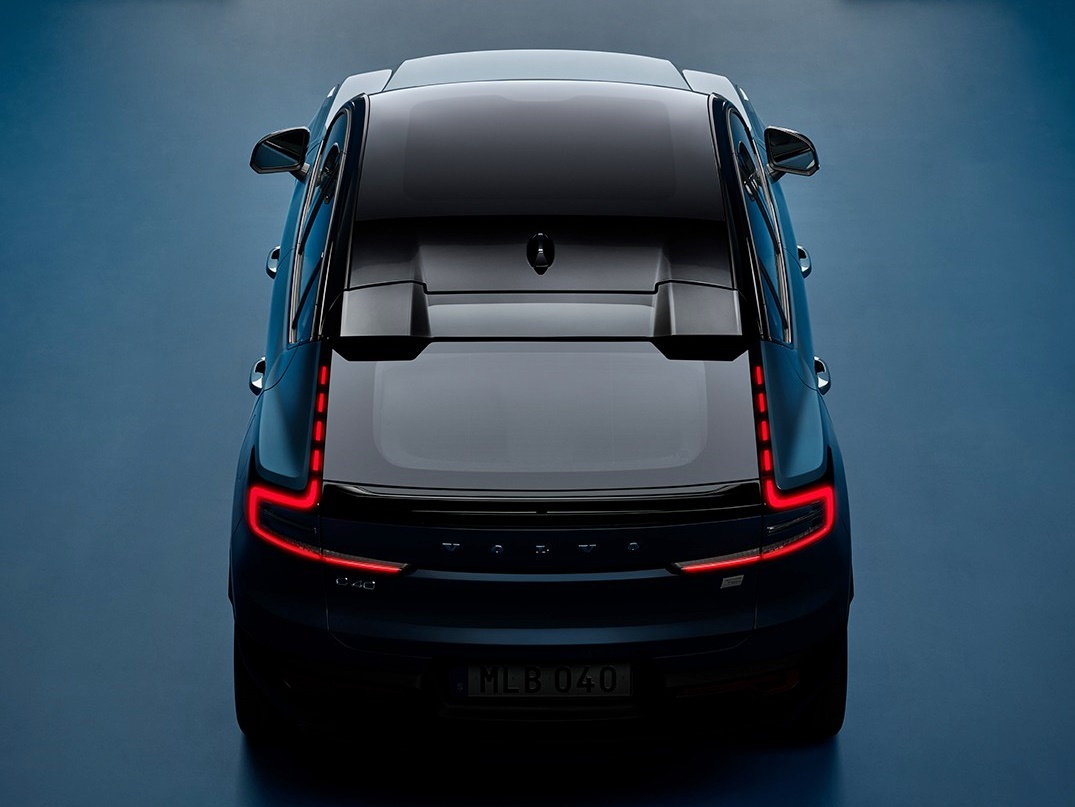
By aiming to actively replace these materials as much as possible, Volvo Cars takes a strong and ethical position to do what it can to help stop animal harm, by contributing to a reduced demand for these materials containing animal products.
“Finding products and materials that support animal welfare will be challenging, but that is no reason to avoid this important issue,” said Mr. Templar. “This is a journey worth taking. Having a truly progressive and sustainable mindset means we need to ask ourselves difficult questions and actively try and find answers.”
Concept Recharge – a manifesto for the next generation of all-electric Volvos


